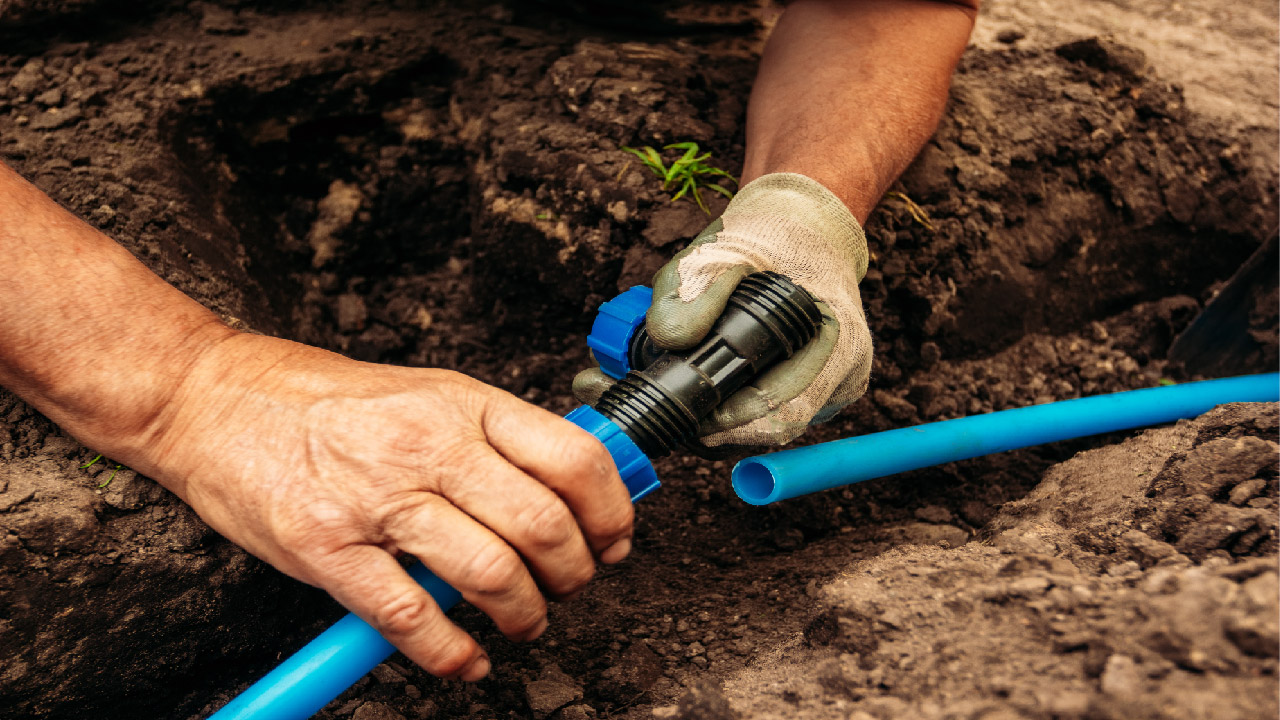Lawn Irrigation System Filters
Apr 28th 2023
One of the best preventative measures you can take in your irrigation system is installing a filter. Though it's a small piece, the positive impacts of using a filter can be long lasting and extend the life of your irrigation system. If debris enters your system, they can start to clog drip emitters and sprinkler heads, which can be difficult to notice until a lack of water has already taken a toll on your plants. Filters are an affordable and simple way to help your irrigation system run efficiently.
Water can carry with it sediment and particulates, especially if your water is coming from a natural source like a lake or stream or from rainwater collection barrels. Even municipal water has the possibility of particulates, though they are likely much smaller and infrequent. For both sources, filtration is recommended, though your filtration choice is likely to be very different for each.
For the first type of water, you will almost certainly need to clean your filters more frequently due to the buildup of particulates. It may also be helpful to utilize more than one size filter on your system in order to prevent the most amount of debris from entering your irrigation tubes. This may involve using a larger filter before any valves and a smaller filter following them. These heavy duty filters are an excellent option to protect your irrigation system from debris.
For cleaner, municipal water, you may only need a small screen filter like these home garden screens. These smaller filters are not rated for constant pressure, so they should be installed after an automatic timer or valves.
Different types of irrigation systems also have different filtration requirements. Sprinkler spray nozzles and rotary sprinkler heads require a filtration of 80 mesh. Drip emitters and sprayers need a minimum of 120 mesh. Drip tape requires a minimum of 155 mesh. Mesh is the number of wires per inch; higher mesh numbers indicate finer filtration.
Other types of filters include disc filters, which are used to filter the water from sources that may contain lots of organic matter like algae. These can be removed and sprayed down to get rid of any sediment that has accumulated. Sand filters are designed to remove organic matter from swimming pools and large irrigation systems.
DripWorks has a wide variety of filters available for your unique situation. For more information on drip irrigation and types of filters, visit Oregon State University's Introduction to Drip Irrigation page.

